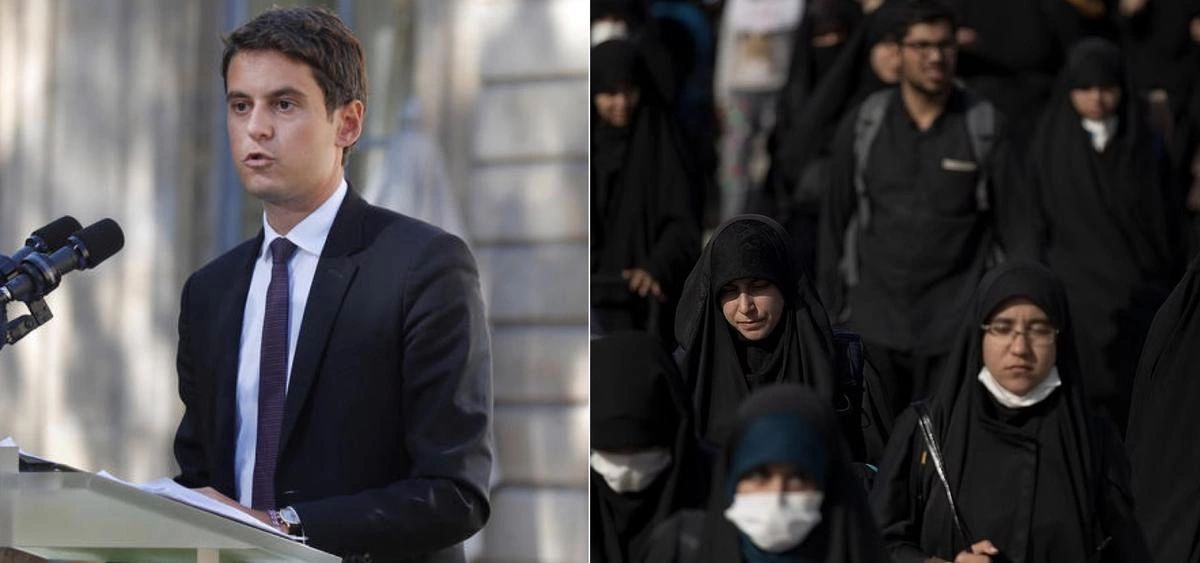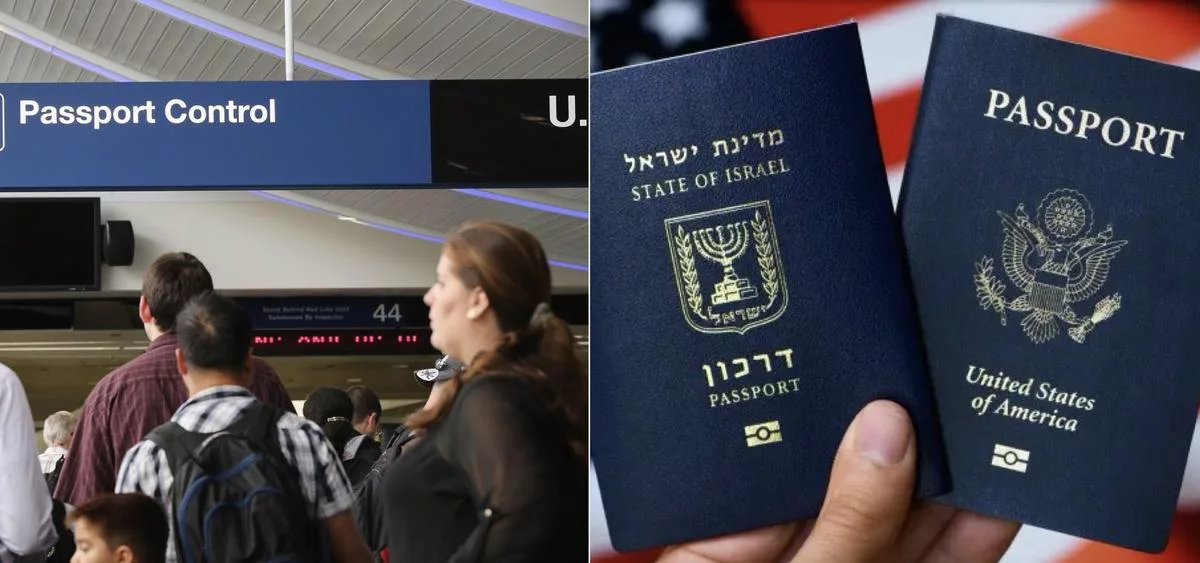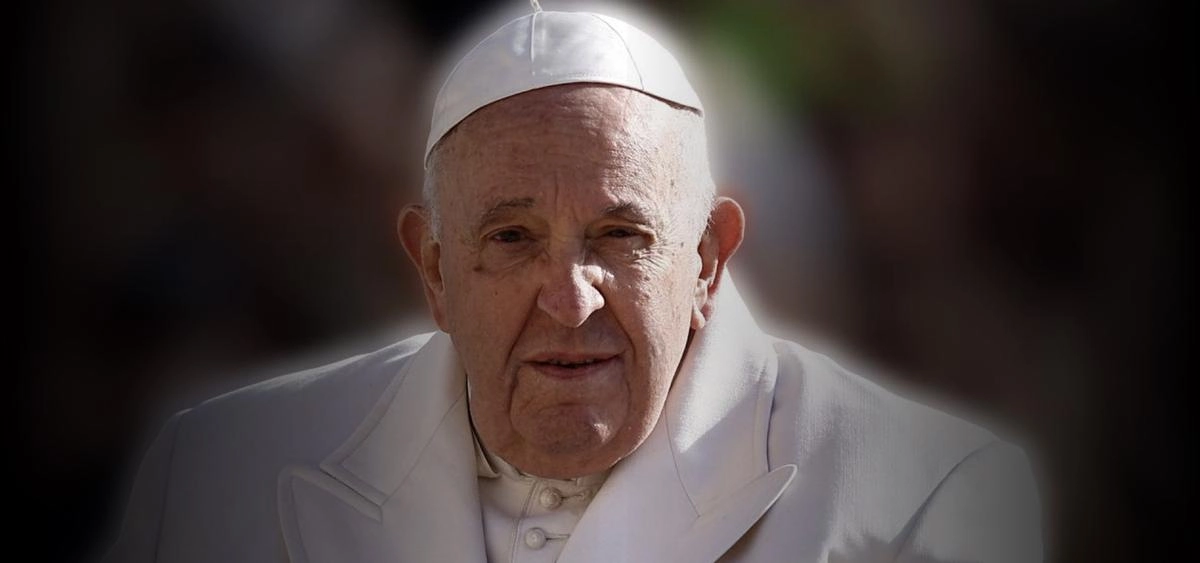Impact of France’s State School Abaya Dress Ban on Religious Attire, Muslim Community, and Sociocultural Dynamics

Credit: Google | On the left, Education Minister Gabriel Attal | He announced a prohibition on the abaya dress in State Schools
France’s education landscape is undergoing a significant change as Education Minister Gabriel Attal announced a prohibition on the abaya, the full-length, loose-fitting robe worn by certain Muslim women, in state-run schools. This decision comes amidst a backdrop of historical debates on religious symbols within educational institutions and the growing presence of the Muslim community in the country.
France has maintained a strict stance against religious signs in public schools, tracing back to 19th-century laws aimed at removing traditional Catholic influences from the education system. This latest move follows the precedent set by bans on headscarves in 2004 and full-face veils in public spaces in 2010. Both of these measures elicited strong reactions from the country’s substantial Muslim population.
The core of the issue revolves around secularism, a principle deeply embedded in France’s sociopolitical fabric. This commitment to secular values spans the political spectrum, from those on the left advocating for Enlightenment ideals to the far-right seeking to safeguard against what they perceive as the encroachment of Islam on French society.
Education Minister Attal defended the ban, asserting that classrooms should remain neutral grounds for all religions, without any outward displays of faith. The decision aims to prevent religious affiliations from becoming visually apparent among students. However, critics argue that the move could infringe on civil liberties and stifle cultural diversity.
France to ban Muslim abaya dress in state schools https://t.co/mqhO5M81zb pic.twitter.com/Swz0GC4IT6
— Reuters (@Reuters) August 27, 2023
The prohibition of the abaya, particularly within the context of the ban on hijabs and face veils, raises complex questions about individual expression, religious freedom, and integration. The Muslim minority in France has grown over the years, prompting the need for updated guidelines to address this evolving demographic.
The debate over the abaya ban has ignited discussions about the balance between preserving the nation’s secular identity and respecting religious practices. The French Council of Muslim Faith (CFCM) emphasizes that clothing alone does not inherently constitute a religious sign, urging a nuanced understanding of cultural and religious attire.
As France continues to grapple with these issues, the decision to prohibit the abaya in state schools highlights the ongoing tension between upholding secularism and accommodating a diverse and increasingly multicultural society. The nation finds itself at a crossroads, navigating the complexities of identity, inclusion, and the role of religion in public life.
WEB STORIES FOR YOU
Stay connected with Today On Globe for the latest Global Issues and News Updates.
Explore more related articles at [TOG News / TOG Article]


















